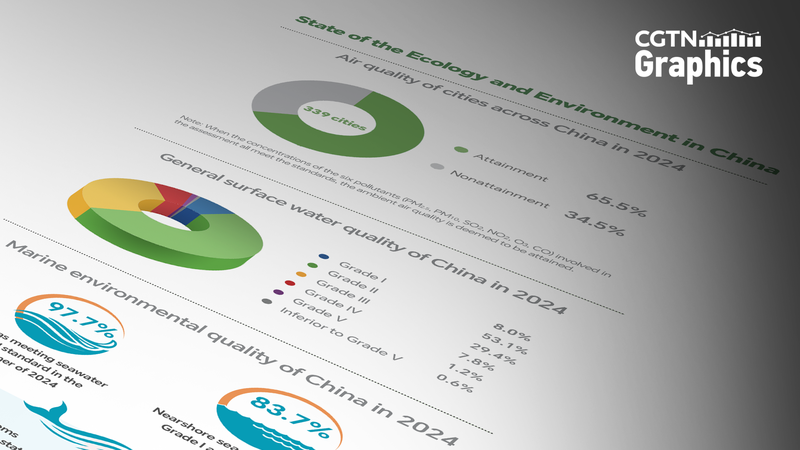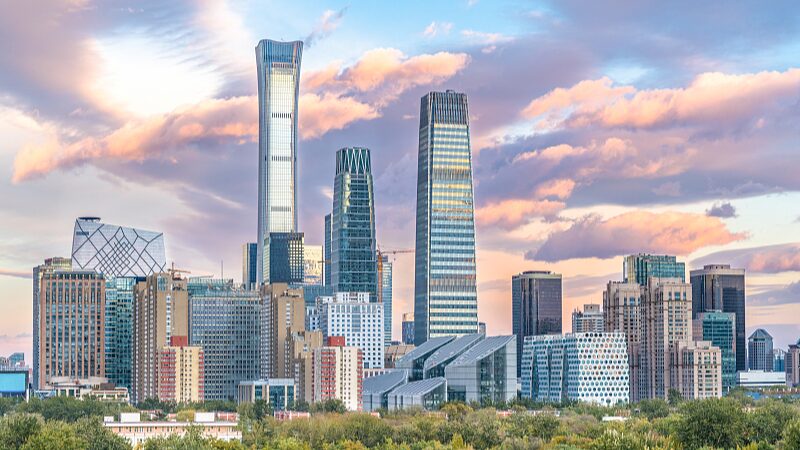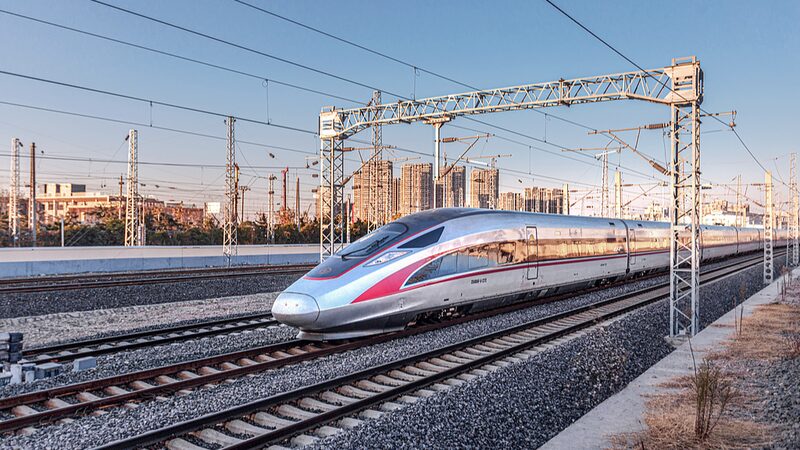From Smog to Success: Beijing's Decade-Long Transformation
As the world marked International Day of Clean Air for Blue Skies, China's environmental progress took center stage at a UN-hosted Beijing event. Once synonymous with hazardous smog, the Chinese capital now ranks among the world's cleanest major cities – a transformation experts call "unprecedented in scale and speed."
Numbers Tell the Story
Official data reveals striking progress: Between 2013 and 2023, China reduced its national average PM2.5 concentration by 59% while maintaining 5%+ annual GDP growth. A University of Maryland study found China achieved in seven years what took the U.S. three decades in particulate reduction.
Blueprint for Global Impact
UN Coordinator Chang Qide praised China's "cross-sector framework" integrating policy innovation and industrial cooperation. "This isn't just about filters – it's systemic transformation," he noted, highlighting coal-to-clean energy transitions and advanced emission controls.
The Road to 2060
With non-fossil energy projected to dominate China's energy mix within four decades, experts anticipate PM2.5 levels could fall below 10μg/m³ – meeting WHO guidelines. Renewable energy adoption and electric vehicle expansion are driving this next phase of environmental progress.
Reference(s):
China's remarkable global achievement in air pollution control
cgtn.com








